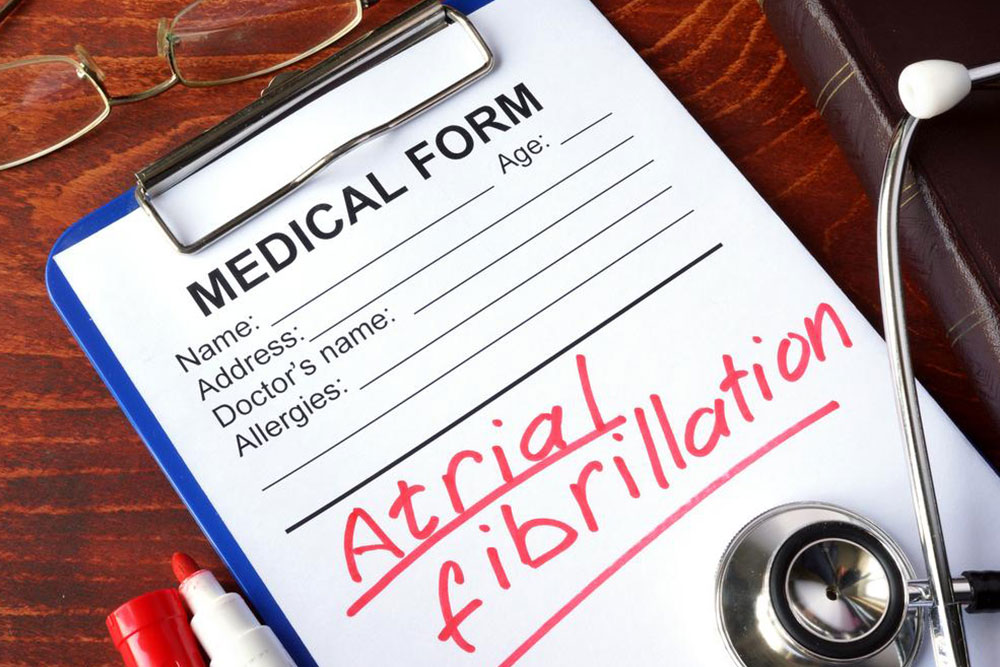What you should do for AFib treatment
Atrial fibrillation is a heart disease in which the heart rate is faster than the normal, and the patient experiences irregular heartbeats. It is also known as afib very commonly. The symptoms of this condition are difficulty in breathing, pain and discomfort near the chest region, fatigue, heart palpitations, etc. If afib is left untreated, then there is a high chance of suffering a stroke, because in this situation blood clots can get formed due to fibrillation of the upper chambers of the heart.

What should be done in this condition?
First of all, if you are experiencing the symptoms mentioned above, then you must visit a cardiologist so that the exact problem you are facing can be detected after some tests. If it is revealed that afib is the cause, then you must get an afib stroke treatment which can be taken either by taking afib drugs, electric shock treatment, catheter ablation, or by inserting a pacemaker.
The exact treatment and atrial fibrillation medications will depend on your actual condition because there can be different types of afib cases. The doctor will first check all the underlying causes and the type of afib condition you have; whether occasional, persistent or permanent, and then only the treatment will follow.
What are the medications for afib?
If you want to know about the best atrial fibrillation drugs for you, then you must go through the following information-
Medications for correcting the heart rate: If the heart rate is very fast then these atrial fibrillation drugs can be helpful –
- Beta blockers – These help in lowering the heart rate.
- Calcium blockers “ These relax the muscles near the arteries and prevent the heart from calcium absorption.
- Digitalis glycosides “ Helps in strengthening of the contractions related to the heart.
- Medications for heart rhythm — Medicines that are used for correcting the heart rhythm are also called antiarrhythmic drugs.
- Sodium blockers “ These focus on controlling the electrical activity of the heart.
- Potassium blockers “ These bring down the electrical conduction occurring in the heart.
- Antiplatelet medicines “ They work on platelets.
- Anticoagulants “ Such drugs delay blood clot formation. Important point to keep in mind
From the above mentioned information, you must have got an idea that there are different medications for afib treatment and each of them will work in a different manner. You cannot decide on your own as to which medicine is the one for you. Only a doctor can best diagnose which drug will be best-suited for your condition. After a thorough evaluation, your doctor will decide as to which atrial fibrillation drugs you need to take for combating this condition.